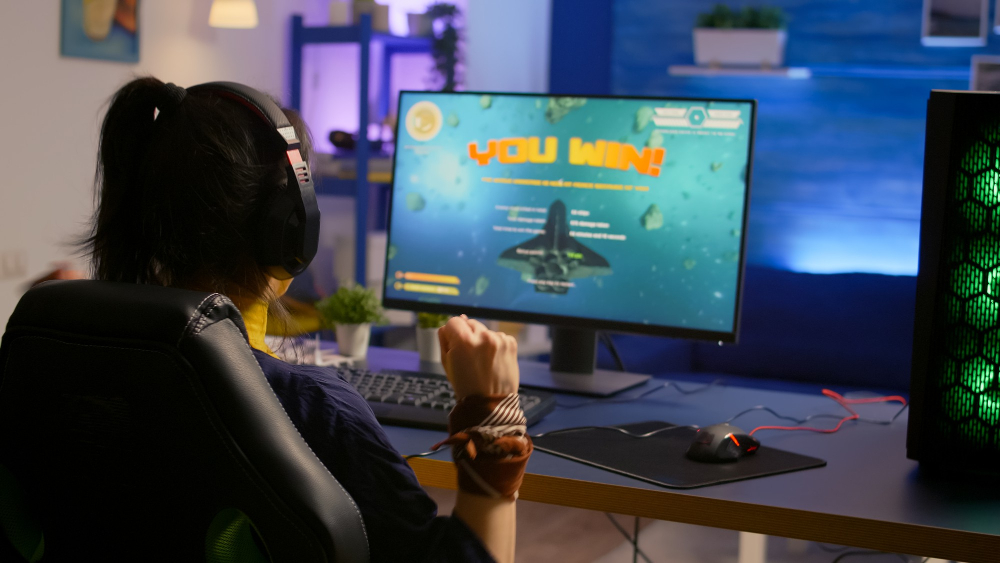Direct, Indirect, and Excise Taxes in India
25 Feb, 2525
Intellectual Property (IP) laws play a crucial role in the gaming industry, impacting developers, publishers, and players. Game developers invest significant time and resources into creating unique content, making it essential to understand how IP laws protect their work and ensure fair competition in the market.
Copyright laws safeguard the original creative aspects of a video game, including its storyline, characters, music, sound effects, and visual elements. In India, copyright protection lasts for the lifetime of the author plus 60 years after their death. This ensures that developers can control the distribution, reproduction, and adaptation of their games.
Trademarks protect the names, logos, and branding elements associated with a game. Registering a trademark helps developers prevent others from using similar names or symbols that could confuse consumers. This is especially important for franchises and gaming companies that rely on brand recognition.
Some gaming innovations, such as unique gameplay mechanics or technological advancements, can be patented. While software patents are not explicitly recognized in India, innovative technical aspects of games may be eligible for protection under the Patents Act, 1970.
Game developers can secure protection for the unique aesthetic aspects of a game, such as character designs, user interfaces, and in-game assets. The Designs Act, 2000, ensures that original visual elements remain exclusive to the creator for 10 years, extendable by 5 more years.
One of the biggest challenges game developers face is piracy. Copyright laws help developers take legal action against those who distribute or modify games without permission. Game companies often use Digital Rights Management (DRM) to prevent illegal copying and distribution.
IP laws incentivize developers to create original content by ensuring they have exclusive rights to monetize their work. Without these protections, the risk of imitation could discourage innovation.
Developers can license their IP to third parties, generating revenue through collaborations, merchandising, and spin-offs. For example, many gaming franchises expand into movies, merchandise, and esports events.
While IP laws offer protection, they can also lead to legal disputes if developers unintentionally infringe on existing copyrights, trademarks, or patents. Legal battles can be costly and time-consuming, making it crucial for developers to conduct thorough research before launching a game.
Many game developers encourage community contributions, including mods and fan-made content. However, legal boundaries must be set to avoid unauthorized commercial use. Clear licensing agreements help maintain control over intellectual property while fostering creativity.
Intellectual Property laws provide essential protection for game developers, ensuring their creative and financial investments are safeguarded. By understanding copyright, trademark, patent, and design protections, developers can minimize legal risks and maximize opportunities for growth. As the gaming industry in India continues to expand, staying informed about IP laws will be crucial for both independent and large-scale game developers.
0 Comments